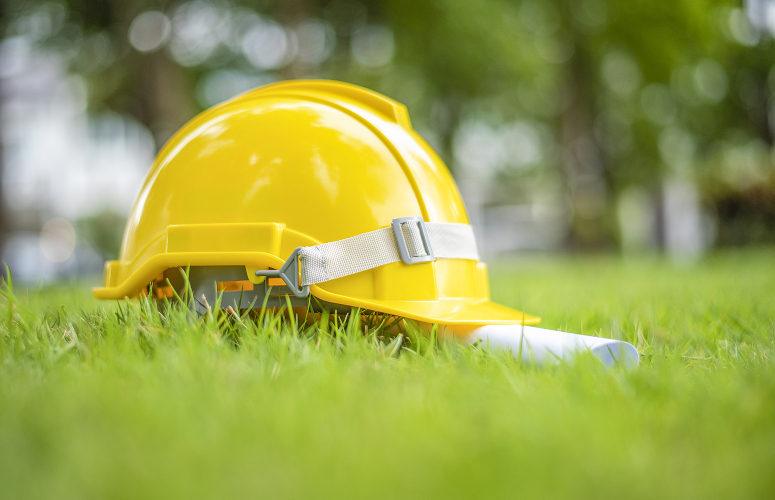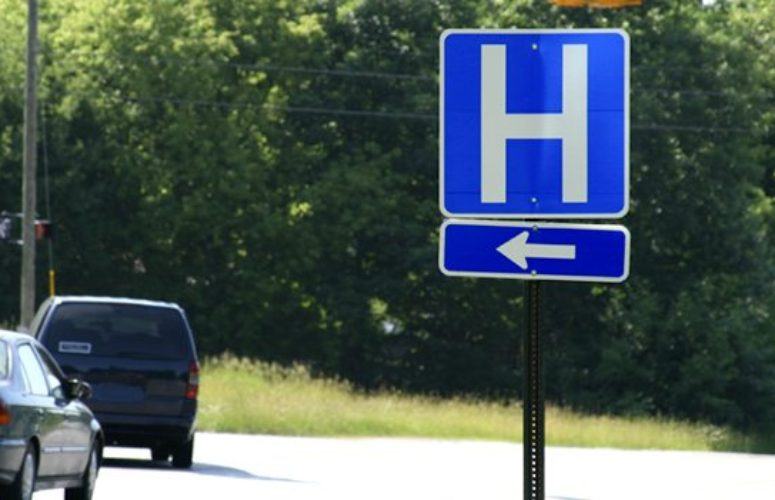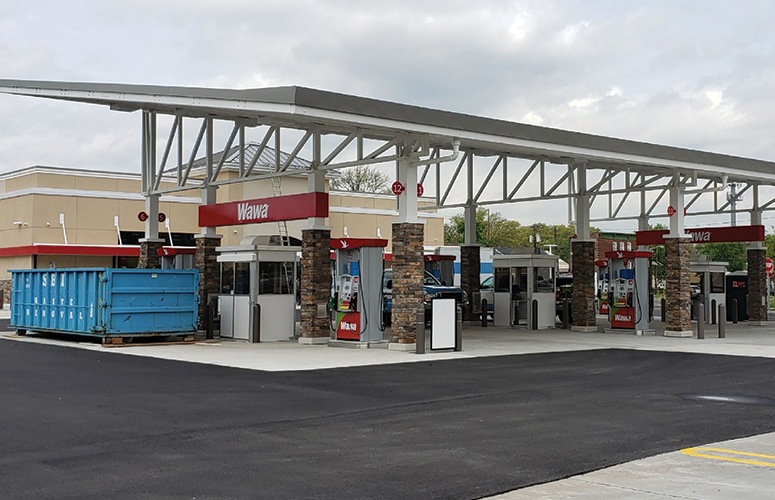
Why You Should Use an LSRP for Due Diligence
By Candace Baker, LSRP, Langan Engineering On Mar 18, 2021If you’re selling property in New Jersey, you might be tempted to shy away from a prospective buyer who wants to use an LSRP to complete environmental due diligence. But you shouldn’t.
Sellers sometimes worry LSRPs will find and be obliged to report discharges discovered during the due diligence process. But whether or not LSRPs report a discharge during due diligence misses the entire point. Hiring an LSRP for due diligence is best for everyone involved.
The idea that LSRPs have a higher obligation to public health and the environment doesn’t come out of thin air. It is reinforced by the NJDEP and State Legislature. As recently as November 2020, New Jersey State Senator Bob Smith referred to LSRPs as “golden warriors” whose highest priority is the protection of human health and the environment.
LSRPs have stringent professional requirements. Prior to taking the LSRP licensing exam, they are required to have at least a bachelor’s degree in an appropriate scientific field, at least eight years of full-time experience, and 5,000 hours of experience in New Jersey in the previous five years. LSRP applicants must also complete a site remediation course and maintain their health and safety training.
Once certified, LSRPs must complete 36 hours of continuing education in each three-year license period to maintain their expertise in both remediation techniques and regulations, and to remain current on their ethical obligations.
As a property owner, having someone report a discharge that you were unaware of could seem like a horrible idea. Nobody wants to disrupt their property deals with legal fees and costly cleanups or strain relationships with their business associates.
However, responsibility does not end with ownership. Even if you are able to sell your property without anyone raising the issue of that pesky underground storage tank out back, you are still joint and severally liable for discharges from that tank under your ownership.
Besides being the right thing to do to protect the public health of the future occupants of the property and the surrounding community, reporting a discharge early may save a bundle in legal and cleanup fees when it finally comes to light.
Environmental concerns don’t stay hidden forever. In the long run, you’ll be in a better position if an LSRP conducts due diligence. In fact, they are the most qualified and capable professionals to conduct due diligence.
To access more business news, visit NJB News Now.
Related Articles:





